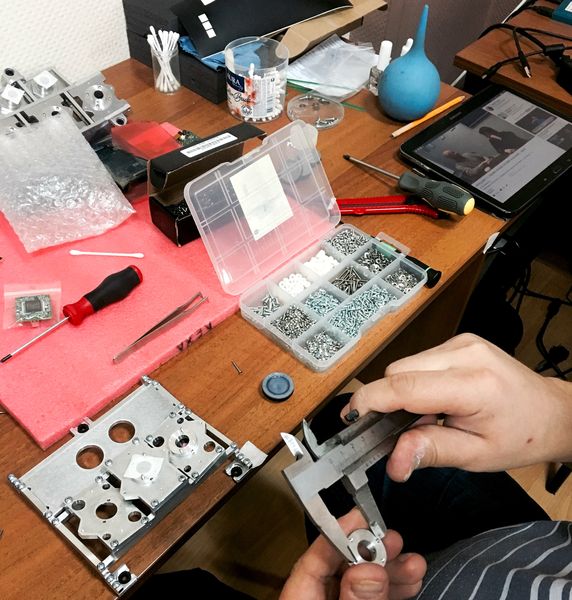
Anna Zevelyov, the CEO of 3D scanner company Thor3D, examines three revelations when it comes to conducting business during and beyond the time of COVID-19.
Over the past few months, I’ve seen hundreds of announcements from different businesses about the current global situation and how their company was handling it.
In these statements, I noticed a certain pattern. First, they mention that the company’s #1 priority is the health and well-being of their staff, customers, and partners. Then they mention what steps were taken to minimize the risk (allowing employees to work from home, contactless delivery options, sanitizing workstations, etc.). And lastly, they usually declare that their company is open for business and ready for orders.
Had I not procrastinated with this task, I would have written something similar. So let me get these points out of the way: Yes, we deeply care about the health of our staff, customers, and partners. Yes, our employees are working remotely. And yes, we are open for business, so place your order today!
Now that the basics have been covered, I want to pivot to certain revelations we’ve had during these trying times.

One: Our office is here to stay.
Working from home is feasible and at times even more productive than from the office (no more commute), but ultimately it is not for everyone. Aside from the obvious employee who simply can’t do his job from home (hardware assembly is difficult at the kitchen table), there is an even larger category of staff who, for better or worse… have families. Skype has replaced our conference rooms with ease, but the sound of wailing children in the background is a new feature. I would cry too if daddy was so close, yet so unattainable.
Revelation: I don’t care what the pundits are predicting. We will not be getting rid of our offices.
Two: Small businesses are more nimble and easier to work with.
Some of our suppliers (large and small) were forced to close down temporarily, but small businesses seemed particularly determined to survive. Call a machining shop and their hardline number is redirected to a mobile number. “Yes, we are closed,” they say, “but, if you tell us what you need, we will get it done for you.” How exactly did they get it done? I don’t know. But within a few days a courier arrives with the order.
Revelation: Did they break the “quarantine”? I hope not. But being flexible and nimble in this economic climate is vital.
Three: Relying on government contracts is dangerous in 2020.
Some of our sales are to government agencies (Singaporean army, British health system, Russian university). At any other time, this “B2G” sector is a reliable customer with stable funding. 2020 is an outlier. This year, government spending is extremely unpredictable, as trillions of dollars are being haphazardly allocated to prop up industry and consumer. Thus, a worldwide trend is emerging. Much of non-essential, planned government spending is being put on hold. This is not because governments are trying to balance budgets (every nation expects a deficit in 2020). This is because local government officials are apprehensive about spending any money for fear of a second wave. What if they need to add 5,000 more hospital beds in October?
Revelation: Government contracts are nice to have, but woe on to any businessman who thinks they are a panacea.
